The Minor Heat (Xiao Shu) is the 11th term of the 24 traditional Chinese solar terms. On July 7 or 8 each year, when the sun moves to the celestial longitude of 105 degrees, the day is called Minor Heat. “Shu” means being hot, and “Xiao Shu” means not very hot. That means that it is getting hotter, but the hottest day is yet to come. That is the time when crops all over China grow faster and stronger.
Ancient Chinese people associated the Minor Heat with three phenomena, “the arrival of warm wind; crickets living in corners of walls; eagles flying into cooler sky.” On the Minor Heat, there is no breeze can be found, and wind, if there is any, inevitably carry heat. On the very day, crickets leave fields to avoid heat, and seek coolness under corners of walls. And the high temperature drives eagles to fly high into cooler sky.
Eating Dumplings
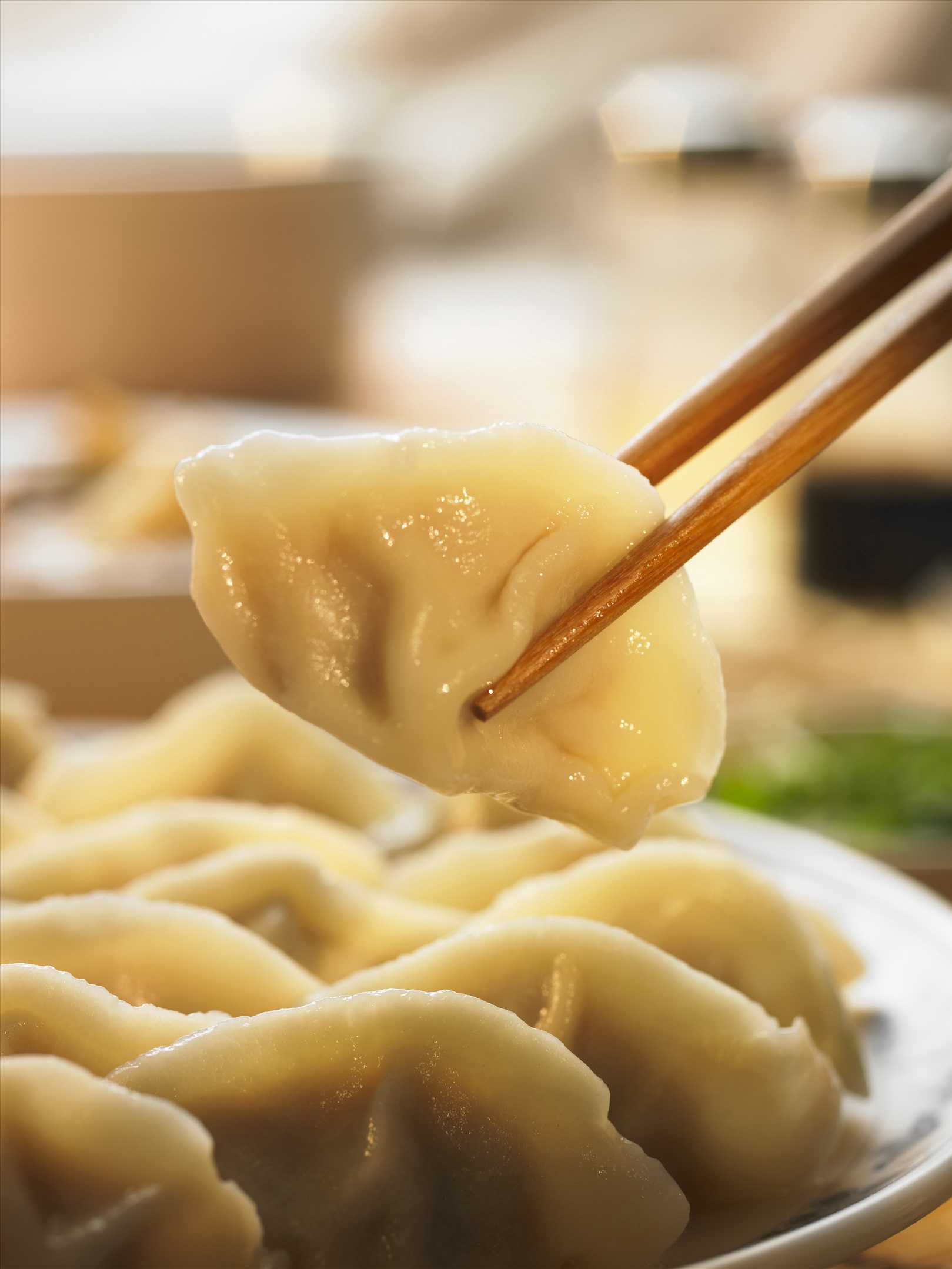
As the saying goes, eating radish on the first day of Toufu, the first 10 hottest days after the Minor Heat, eating vegetables at the beginning of Erfu, the middle 10 hottest days, and sowing buckwheat on Sanfu, the last 10 dog days. Another saying goes like: eating dumplings on Toufu, noodles on Erfu and baked pancakes with scrambled eggs on Sanfu. It a tradition to eat dumplings on Toufu as people often lose appetite and weight when the dog days come. That is why these days are called “Bitter Summer”. According to the Chinese tradition, dumplings are ideal food to whet the appetite. In some places of Shandong Province, people eat raw cucumbers and boiled eggs on “Bitter Summer”. For breakfast of the Toufu, they eat nothing except eggs.
“Eating New Rice”
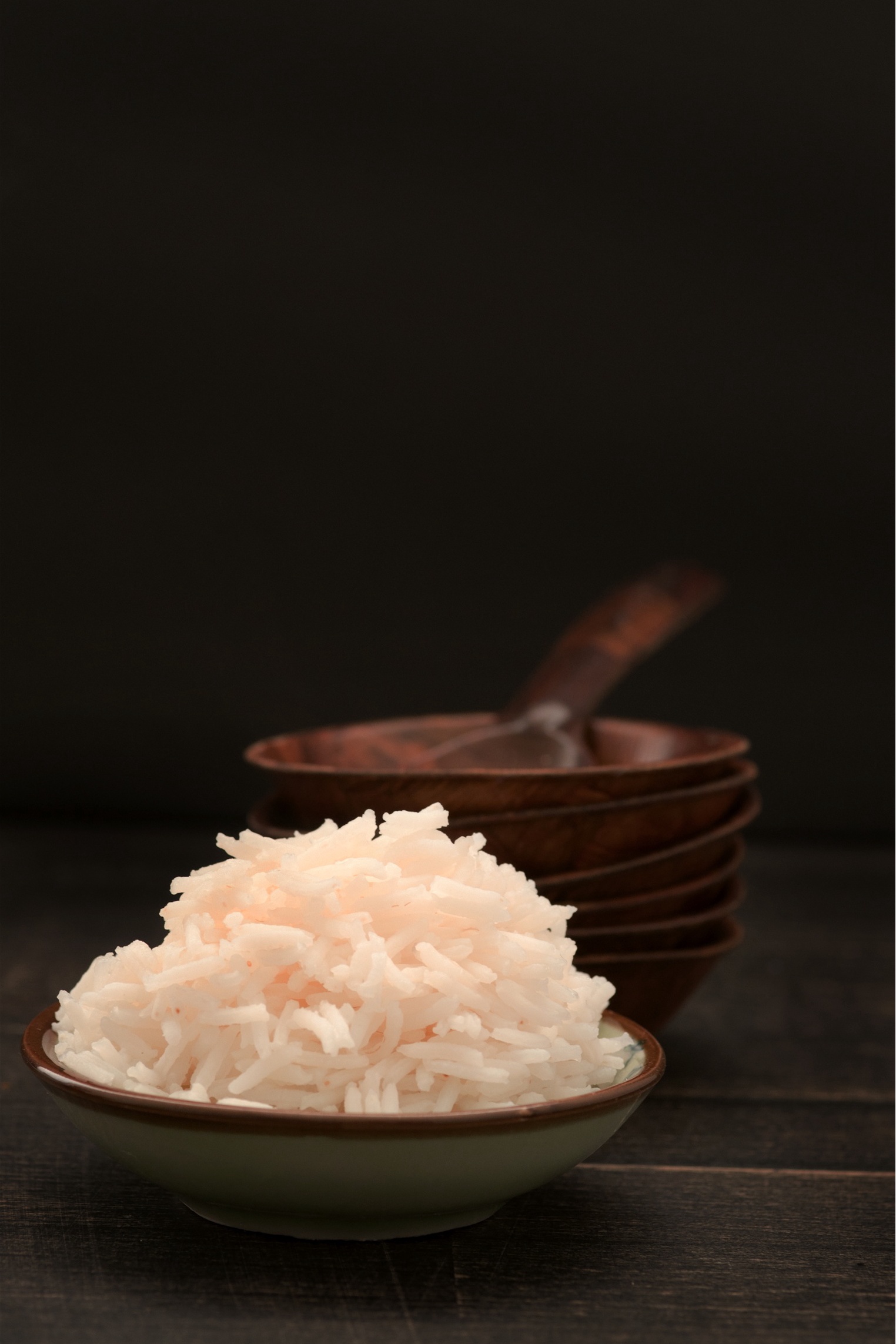
In ancient times, Chinese people had a custom of “eating new rice” after the Minor Heat. Farmers milled newly-harvested unhusked rice into rice, and cooked rice to serve the God of Five Cereals and their ancestors. Then everyone tasted newly-brewed wine. On these days, urban residents normally buy some new rice and cook it with old one, adding with fresh vegetables and others. Among the folk, people eat millet on the Minor Heat and cereal on Dashu, also called Major Heat.
Nanjing Natives Eat Lotus Roots and Ricefield Eels
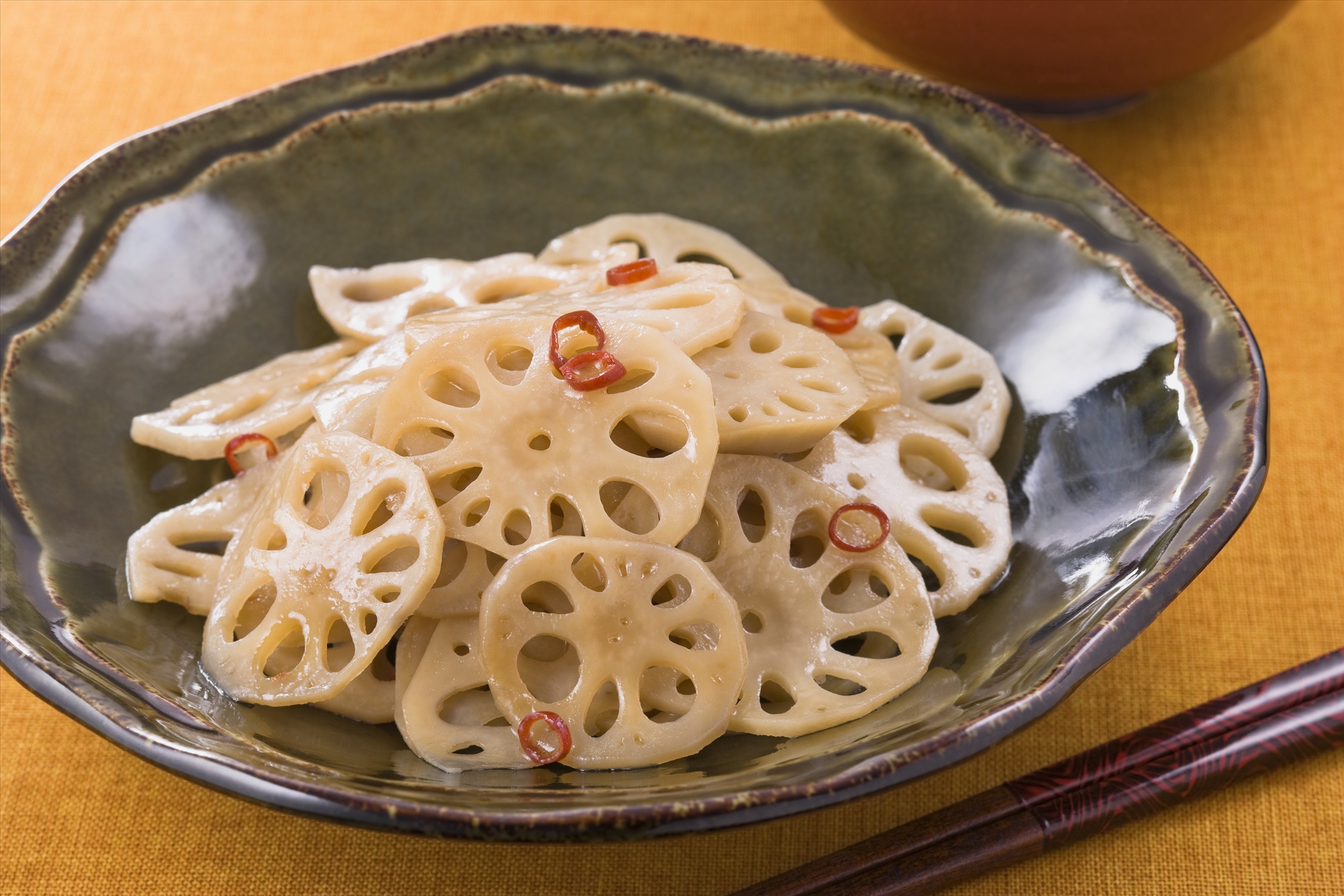
There is a saying, “on the Minor Heat, ricefield eel is as savory as ginseng”. That is why Nanjing locals eat it on the day. Living in waterside mud, ricefield eels taste best in the month around the Minor Heat. Another folk custom is eating lotus roots on the Minor Heat. Fresh lotus roots are simmered, sliced and dressed with honey.
Beijing Natives Sun Clothes
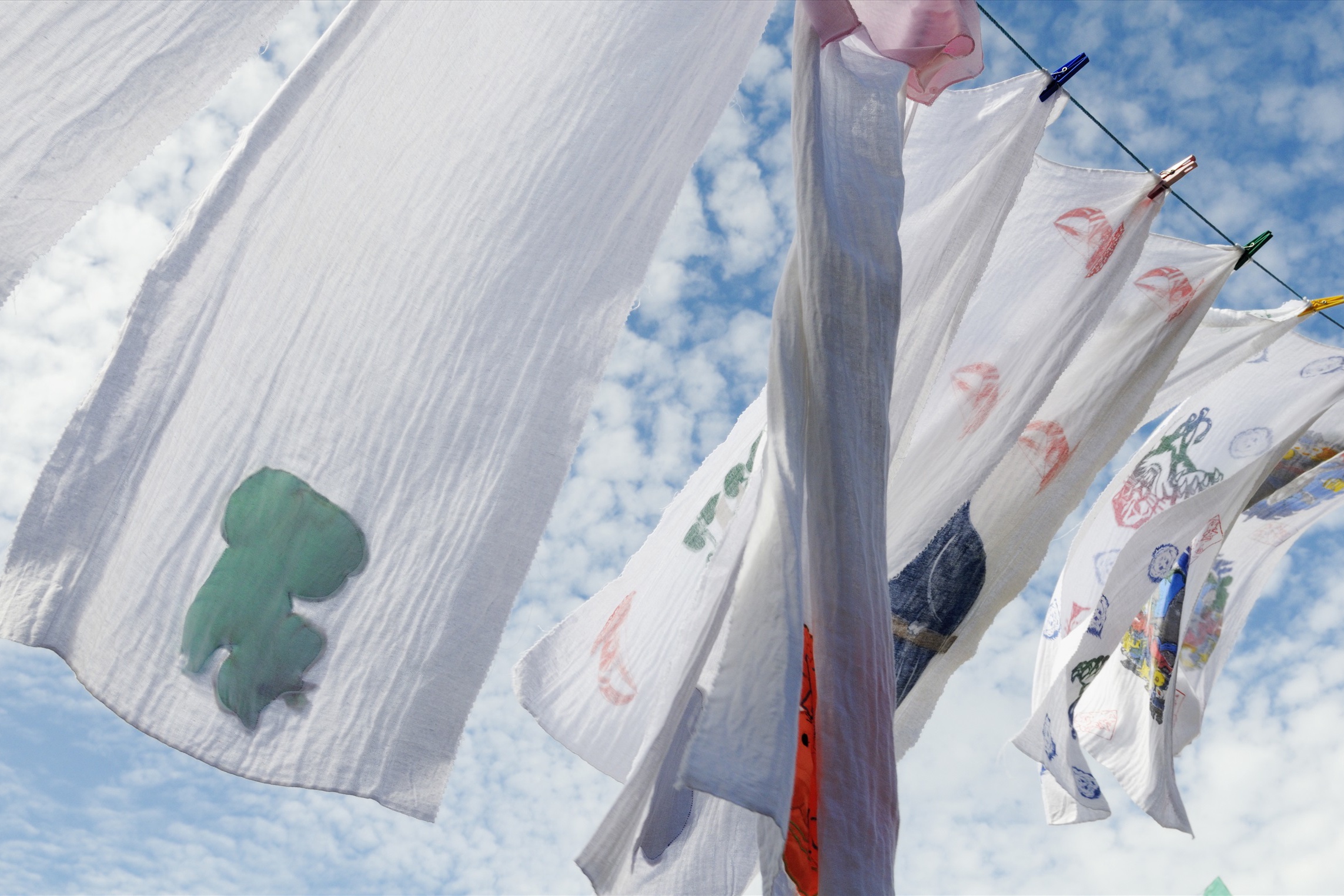
There is another saying, “each household sun clothes of various colors on the 6th day of the 6th lunar month”. That day, roughly the eve of the Minor Heat, is the hottest day in a year with the longest sunshine duration and the strongest solar radiation. That is why people would sun their clothes on the day, so as to get rid of humidity, mildew and moths. During the Qing Dynasty, when the 6th day of the 6th lunar month came, Beijing locals would ransack boxes and chests and take out clothes, shoes, hats and bedding to get them a thorough airing. That is why in some regions such a custom is called “the festival of airing clothes”.
Xuzhou People Eat Mutton
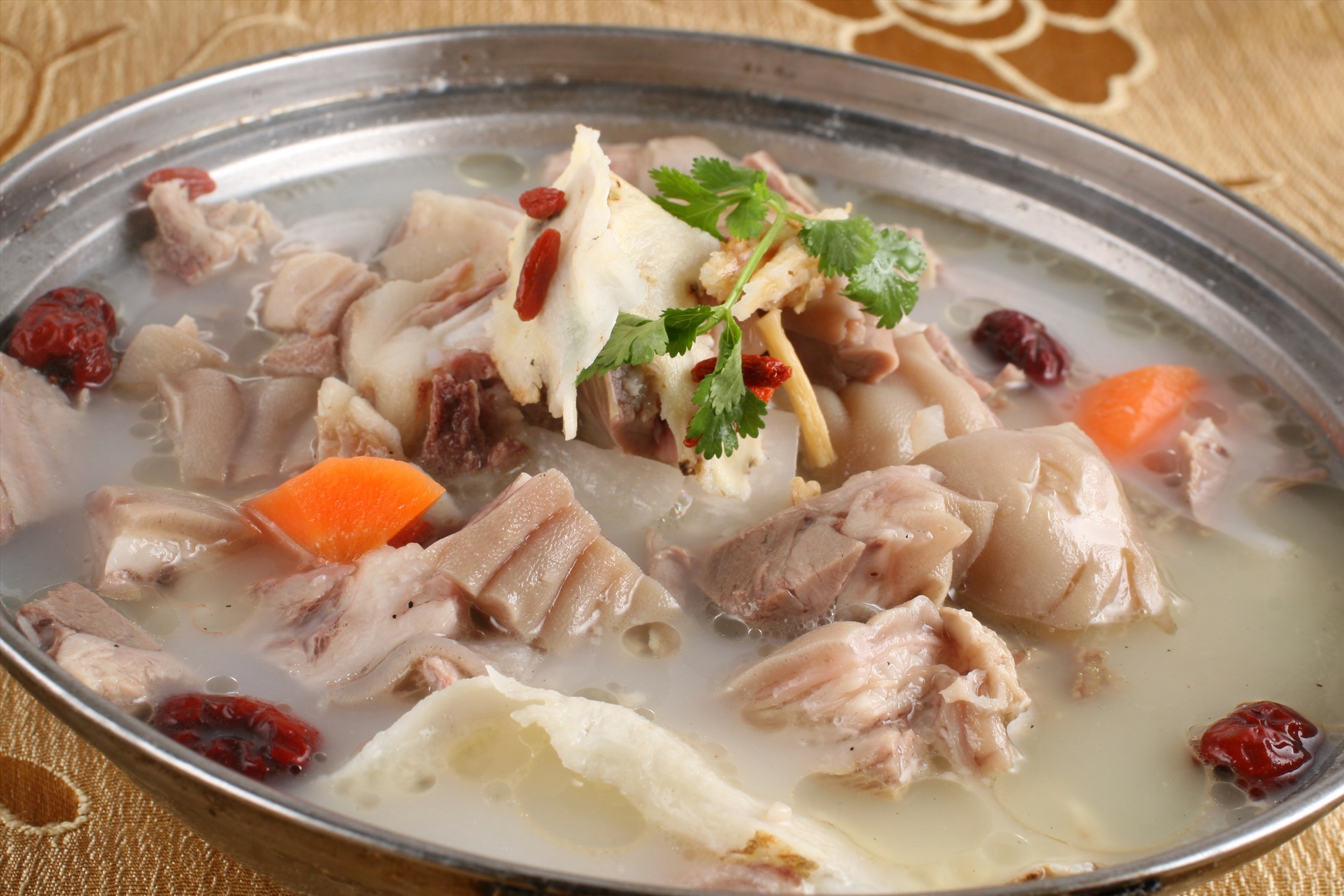
On Toufu, people of Xuzhou, east China's Jiangsu Province would eat mutton, a custom said to originate from the period of Sage Kings Yao and Shun. As the saying goes, a bowl of mutton soup is so salutary that it makes the prescription of highly skilled doctor unnecessary. The passion of Xuzhou people towards mutton can be seen in such a line of folk song: bringing your married daughter back and treating her with baked cakes made of newly-harvested wheat and mutton soup.



